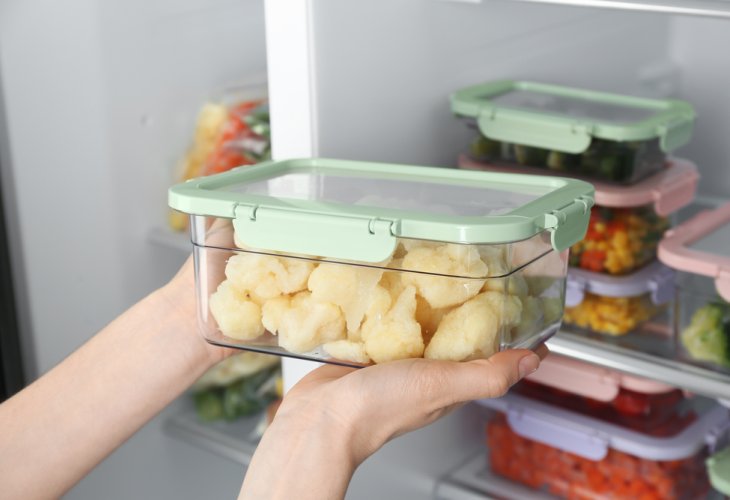Tips for Preserving Nutrients in Your Meals
Many foods lose their vitamin content over time. How can we store them to minimize this loss?
 (Photo: shutterstock)
(Photo: shutterstock)How can we keep food from losing its nutritional value? What can we do to reduce vitamin depletion after cooking?
Ideally, we should prepare fresh meals every day. However, our busy lives often prevent us from cooking nourishing and quality meals daily. It's crucial to consume home-cooked food with protein and vegetables regularly to provide our bodies with essential nutrients for optimal functioning.
When cooking becomes a challenge, we need to find methods to preserve nutritional values while accommodating our hectic schedules.
Plan a suitable time for meal prep and store food properly - three to five days in the refrigerator, or longer in the freezer.
Bacteria can develop in food, with some leading to illness, causing spoilage, and others merely altering taste.
The first type is dangerous, while the second should be avoided.
Bacteria thrive at temperatures above 40°F. Therefore, keep food in the fridge at below 40°F and reheat it to above 160°F.
Transfer food to the fridge no more than an hour after cooking, and store it in a cool spot, deep inside, close to the back wall.
It’s advised to store food in small containers, preferably glass, since plastic releases toxins that accelerate spoilage.
Containers should be sealed tight to prevent air from entering.
Repeatedly opening and closing containers can introduce bacteria through air contact, so keep food in small containers and try not to open them until needed.
Poultry, meat, and fish can be safely refrigerated for three to four days.
Carbohydrates and starches like rice and pasta last four to five days.
Hard-boiled eggs can be kept in the shell for up to a week.
Cooked vegetables stored in airtight containers also last up to a week.
Freezing food extends its shelf life. It's best to freeze portions individually and wrap them well.
For frozen food, remove from the freezer the night before, let it thaw naturally in the fridge, and then reheat.
With planning, cooking, and storing food for several days, there's less temptation for fast or processed food. It's all about proper planning and preparation.
It's preferable to eat home-cooked meals properly preserved in the fridge or freezer than to rely on store-bought foods.
Zohara Sharbib is a certified N.D Naturopath, an iridologist with extensive experience in therapy, counseling, and conducting workshops. To book a free workshop, call 073-2221290

